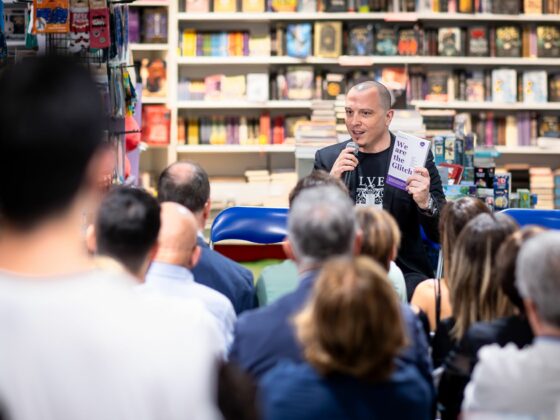The word “Experiences” has been cheapened. It’s plastered on every brochure, website, and PowerPoint slide, a lazy substitute for actually delivering something memorable. I see it and I’m left wondering, what in the hell are we talking about? Is the anemic continental breakfast an “experience”? Is a slightly faster check-in process a truly profound “experience”?
The word has been drained of its soul, a shiny veneer used to romance ourselves and our customers. It dresses up the very basic product most hotels provide—a bed, a shower, and a few towels. The in-room Wi-Fi isn’t an “experience”; it’s a non-negotiable utility, as essential as running water. We speak as if these basic deliverables are some kind of grand, transformative journey, and frankly, it’s starting to sound like a lie.
The real disconnect lies in our operational reality. We’re an industry built on silos—reservations, front desk, housekeeping, food and beverage—and our systems are often equally isolated. How do you create a seamless, integrated “experience” when your technology doesn’t talk to itself and your teams operate as separate fiefdoms? You can’t. The structure simply isn’t there. The “experience” becomes a series of disjointed transactions, not a holistic journey.
So, has “experience” become a purely digital thing? A word we use to describe a frictionless online booking process or a personalized email that knows your birthday? Or is it just a word we like to throw around because it makes us feel good, a way to pretend we’re delivering something more than a room for the night? We romanticize the notion, but we rarely build the manpower, the tools, the structure, or the focus required to actually deliver on the promise.
Think about the real world. A truly memorable experience is one where every element, every human interaction, every detail, is perfectly choreographed and feels effortless. It’s the result of a deliberate, cross-functional effort. But how many of us are building business models where the front desk is incentivized to work seamlessly with the restaurant staff, or where housekeeping’s insights are used to personalize a guest’s stay? Very few.
Until we stop using “experience” as a marketing buzzword and start treating it as a strategic imperative, building the people, the tools, and the structures to deliver on it, the word will continue to be a hollow promise. It’s our latest cool industry term to throw around, but the emperor, I fear, is wearing no clothes.
Life is so tech. But genuine experience is profoundly human and requires a lot more than just a buzzword.
Mark Fancourt




